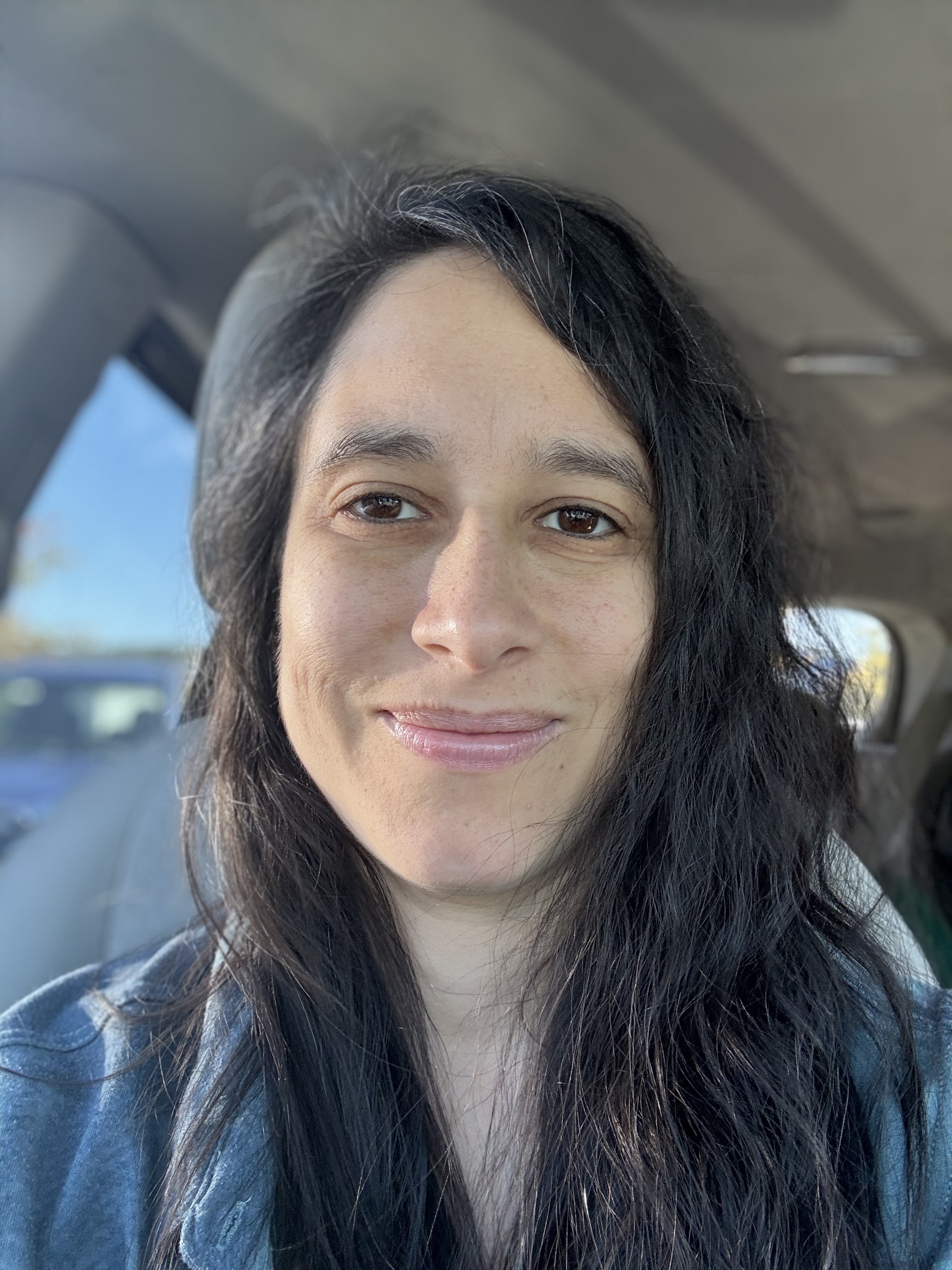God Wants You To Be Free!

Domestic violence and abuse remain hidden in plain sight within many communities, including our churches. Today's meaningful conversation with Stacey Womack, founder of an abuse recovery ministry, sheds light on this critical issue that affects one in three women worldwide. The statistics are staggering, yet often, the silence surrounding abuse prevents victims from finding the help they desperately need.
Stacey's journey into the abuse recovery ministry wasn't born from personal experience with domestic violence. Instead, God called her to this work despite her background as a pastor's daughter who married young and homeschooled her six children. This unexpected calling has now blossomed into an international ministry that has served over 50,000 women through programs in seven countries and materials translated into five languages. Her story reminds us that God doesn't always call the qualified – He qualifies those He calls.
-------------------
WHAT'S DISCUSSED IN THIS EPISODE?
- One of the most damaging aspects of domestic violence in faith communities is the misapplication of Scripture. Many victims are told that "God hates divorce" or that they should "win over" their abusive spouse with a "quiet and gentle spirit and stay in dangerous situations. Stacey powerfully reframes this by pointing out that God also hates "the man who covers his wife with violence" in the same Malachi passage. She offers this profound perspective: "God would never sacrifice a person for the sake of a relationship." This insight liberates many victims from the false belief that God wants them to remain in the abuse.
- Understanding the multifaceted nature of abuse is crucial for both victims and those who support them. Abuse takes many forms beyond physical violence – verbal, psychological, financial, property, sexual, animal, and spiritual abuse. While physical violence causes the most visible injuries, it's often not the most common form of control. Spiritual abuse can be particularly devastating for people of faith when Scripture is twisted to maintain control and justify mistreatment.
- The Her Journey Victim Recovery Program takes a revolutionary approach to helping abuse survivors. The free program allows women to join at any time without waiting for "week one" and permits anonymity – women can use fictitious names if they wish. This approach removes barriers that might otherwise prevent women from seeking help. The focus isn't on sharing traumatic stories that might trigger others' PTSD but on learning about God's heart for them and understanding the dynamics of abuse.
- A critical misunderstanding about domestic violence is that it stems from anger problems. Stacey clarifies that abuse isn't about anger but about using anger as a control tactic. The evidence? Most abusers can control their behavior well at work and in public settings – they choose when and where to express their "anger." This understanding helps victims recognize that they aren't responsible for their abuser's behavior, regardless of their actions. As Stacey emphasizes, "Anger is an emotion, but abuse is always a choice."
----------------
FINAL THOUGHTS
For those seeking help, Abuse Recovery offers in-person groups nationwide and virtual options almost every day of the week. Stacey's book, "On the Front Lines of Abuse: Strategies for the Faith Community," guides survivors, perpetrators, and faith leaders. The ministry also works with perpetrators through gender-specific intervention programs designed to address the belief systems that enable abusive behavior.
The message is hope – healing is possible for survivors and perpetrators willing to change. With God's help and proper support, victims can move from knowledge to belief – from knowing they have value to believing it in their hearts. This transformation leads to setting healthy boundaries, pursuing dreams again, and breaking free from the cycle of abuse.








 5.00 (41 Reviews)
5.00 (41 Reviews)
